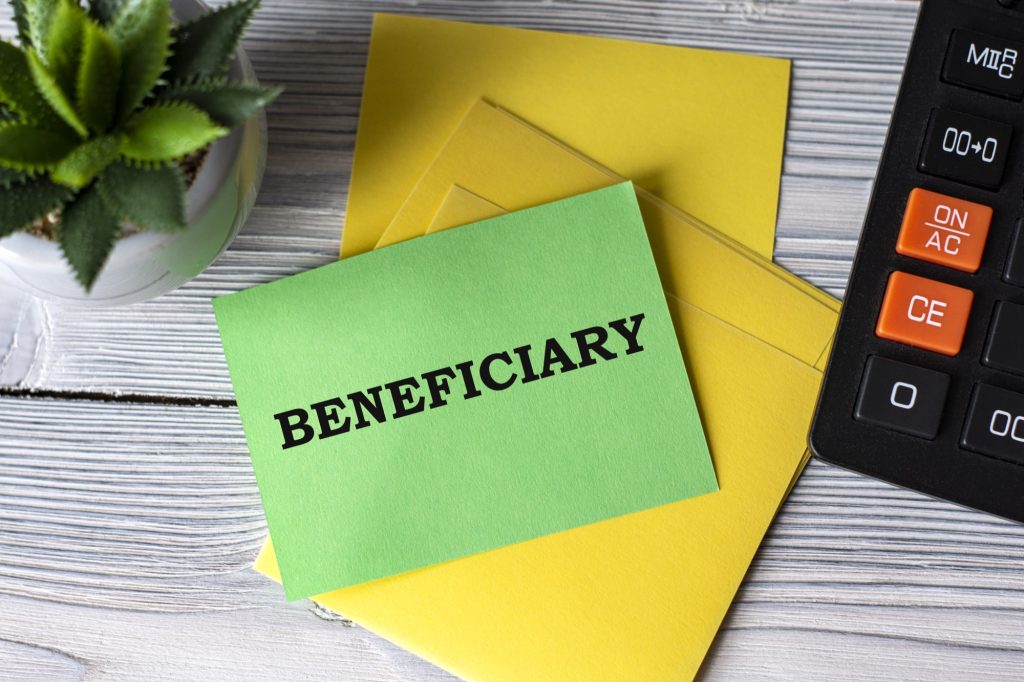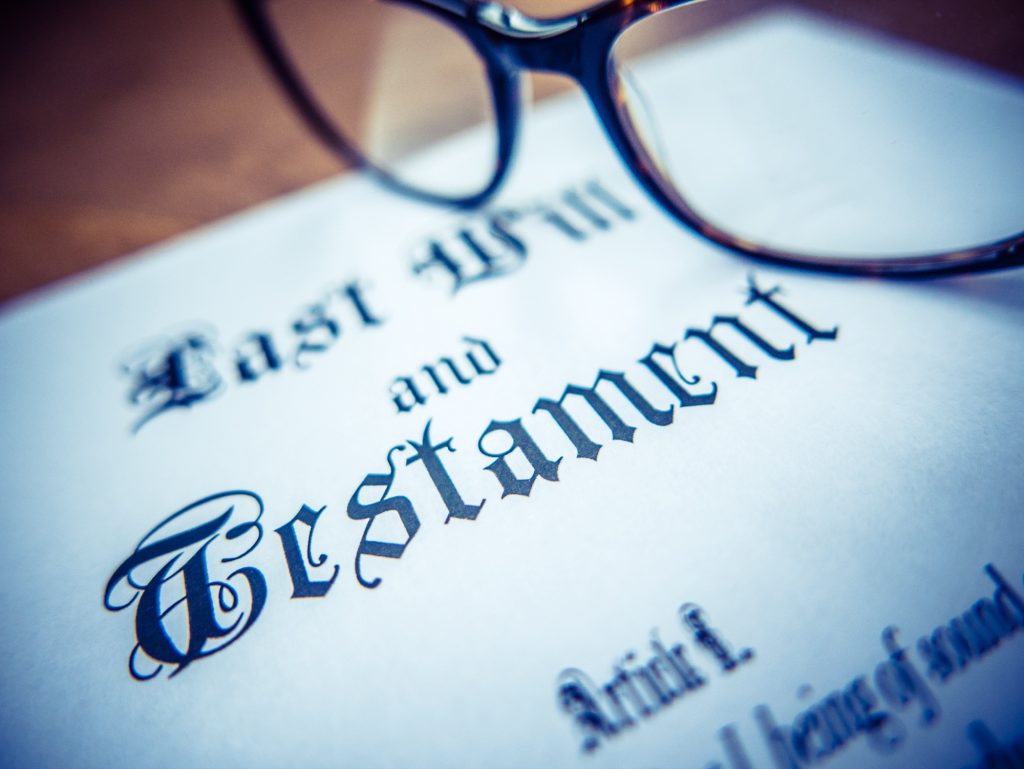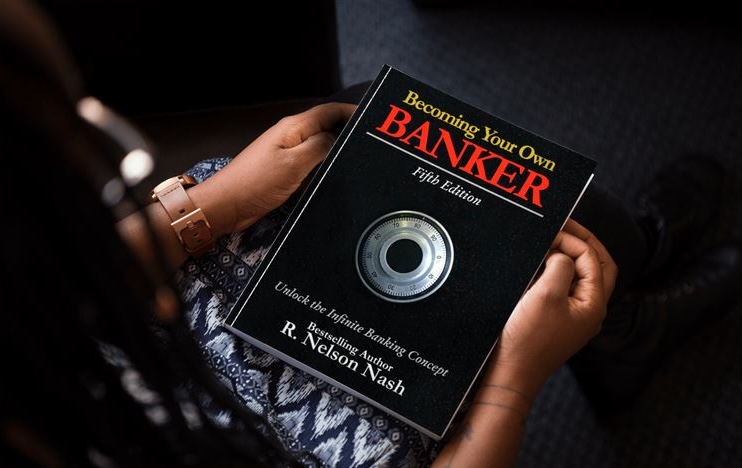Do you want to control the allocation of your property even after your death? Well, a will is an excellent way of achieving this.
Creating a will is not a walk in the park. There are several things that every Canadian should know about a will.
First and foremost, it’s essential to understand that your will is essentially a legal document. As such, you should try to ensure that you include as much information about yourself as possible including any life insurance policy documents. This means providing full names of all the people named in the will, including the name of your chosen executor. Also, include complete addresses for each person mentioned in your will.

It is also essential to understand that an executor has to be responsible for dealing with your affairs after your death. Still, it is beneficial to list who should receive what items/furniture/clothes and other important items you want to distribute to your heirs. The individual named as executor should know about and clearly understand how to manage your final wishes. It can be a thankless job, try to simplify it and be as clear as possible.
Secure your legacy today!
Reach out to an advisor at Ascendant Financial to ensure that your will is set up to reflect your final wishes.
List of beneficiaries
The most important thing to be included in your will is your list of beneficiaries. This section deals with who gets what after you pass away. The final step in ensuring that your executor can deal with your affairs effectively is to clarify how you would like the money split. For example, you could state that each beneficiary should receive a portion of your estate in equal shares/odd amounts/proportions to one another when they turn X years old. You may also indicate specific wishes on how you want these funds to be used by those individuals. After all, your will is your final legal wishes.
You should also make it clear who gets what if your beneficiaries pass away before you. Often, a will states that the beneficiary should receive their portion of the will once they turn X years old – this is because things pass on to the next generation when the last beneficiary passes away. Read more here on who should be contingent beneficiary to get a better understanding.
Plan ahead with confidence.
Let an advisor at Ascendant Financial guide you in creating a comprehensive will that protects your assets and eases the process for your loved ones.
Will Assets
Your will can deal with far more than just money and property. In fact, a will can include any other assets that you own – this includes furniture and cars, art and stamp collections, and unique family heirlooms.
The end of your life is a time for reflection, and it’s essential to plan ahead. Leaving behind the right amount of information in an easy-to-understand will document can help avoid confusion amongst family members who are left with sorting out your estate after you die.
Book a Call with an Advisor at Ascendant Financial
Contact Ascendant Financial today to review all of your financial options.

Popular Posts
- How to Use Life Insurance to Build Wealth
 How to Use Life Insurance to Build Wealth Life insurance isn’t only for protecting your loved ones after you’re gone. If used correctly and responsibly,… Read more: How to Use Life Insurance to Build Wealth
How to Use Life Insurance to Build Wealth Life insurance isn’t only for protecting your loved ones after you’re gone. If used correctly and responsibly,… Read more: How to Use Life Insurance to Build Wealth - Does Velocity Banking Work for Paying Off Debt Faster?
 Does Velocity Banking Work for Paying Off Debt Faster? Fast isn’t always better. In their search for quick solutions to financial problems, many families are… Read more: Does Velocity Banking Work for Paying Off Debt Faster?
Does Velocity Banking Work for Paying Off Debt Faster? Fast isn’t always better. In their search for quick solutions to financial problems, many families are… Read more: Does Velocity Banking Work for Paying Off Debt Faster?
Share This Post
About the Author:
Jayson Lowe
As a seasoned coach, author, and podcast host, Jayson’s insights are rooted in real-world experience and a proven track record of turning challenges into opportunities. He’s not just a speaker—he’s a catalyst for change, inspiring audiences with actionable strategies and the motivation to implement them. Whether you’re looking to ignite your team’s potential, elevate your business strategies, or gain unparalleled insights into entrepreneurship, Jayson Lowe delivers with passion, clarity, and an undeniable impact.
Categories & Tags






